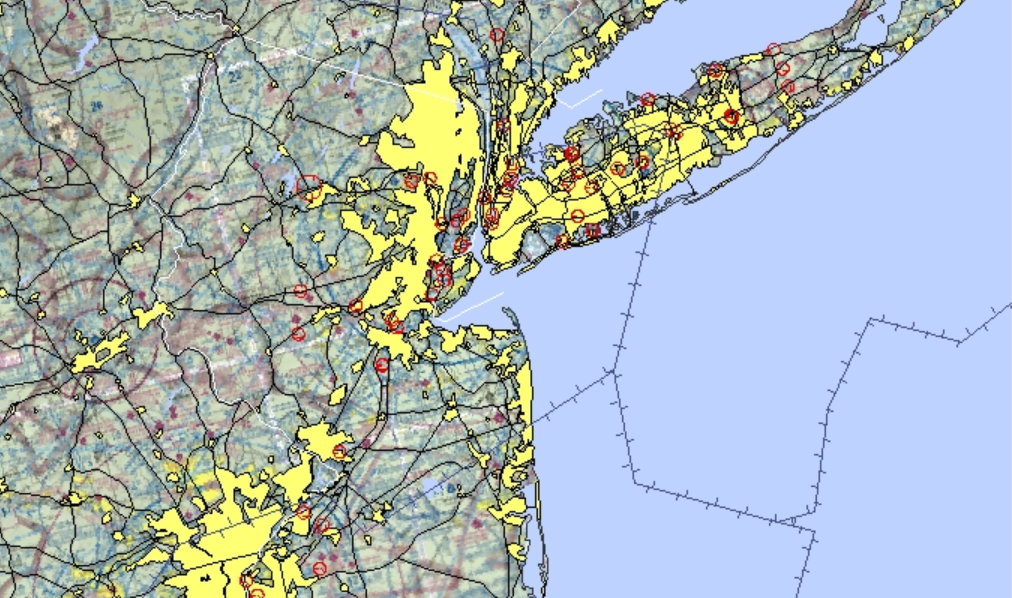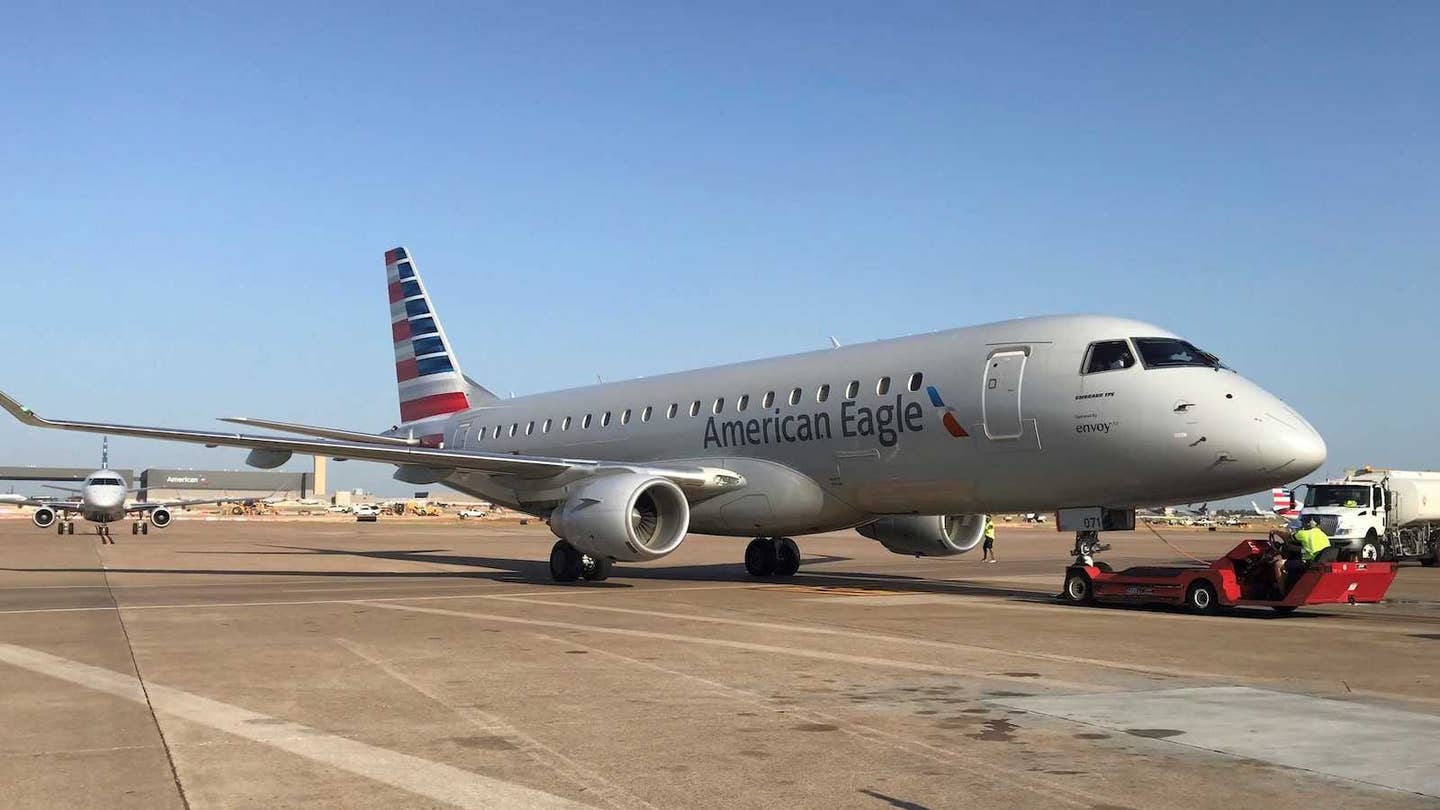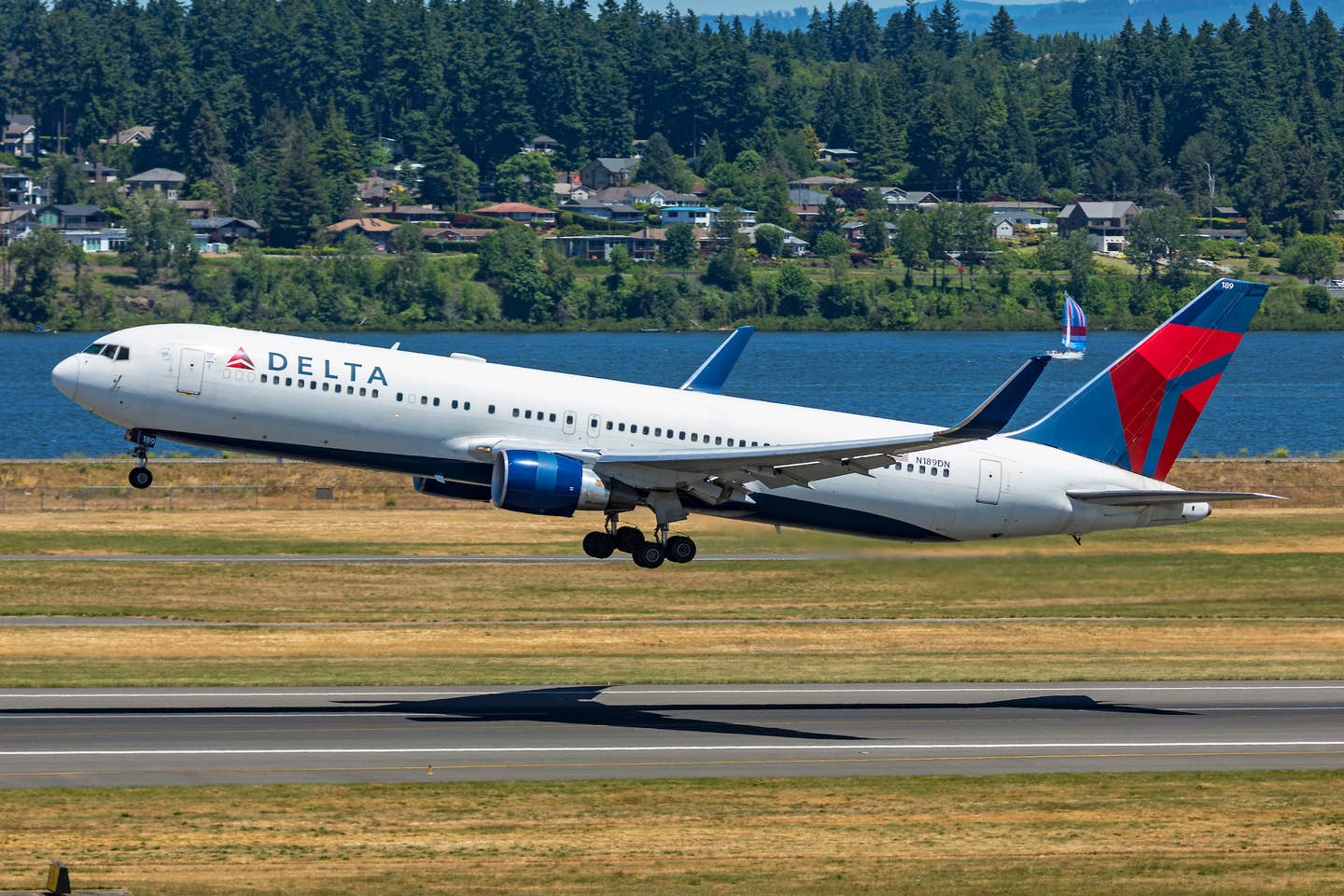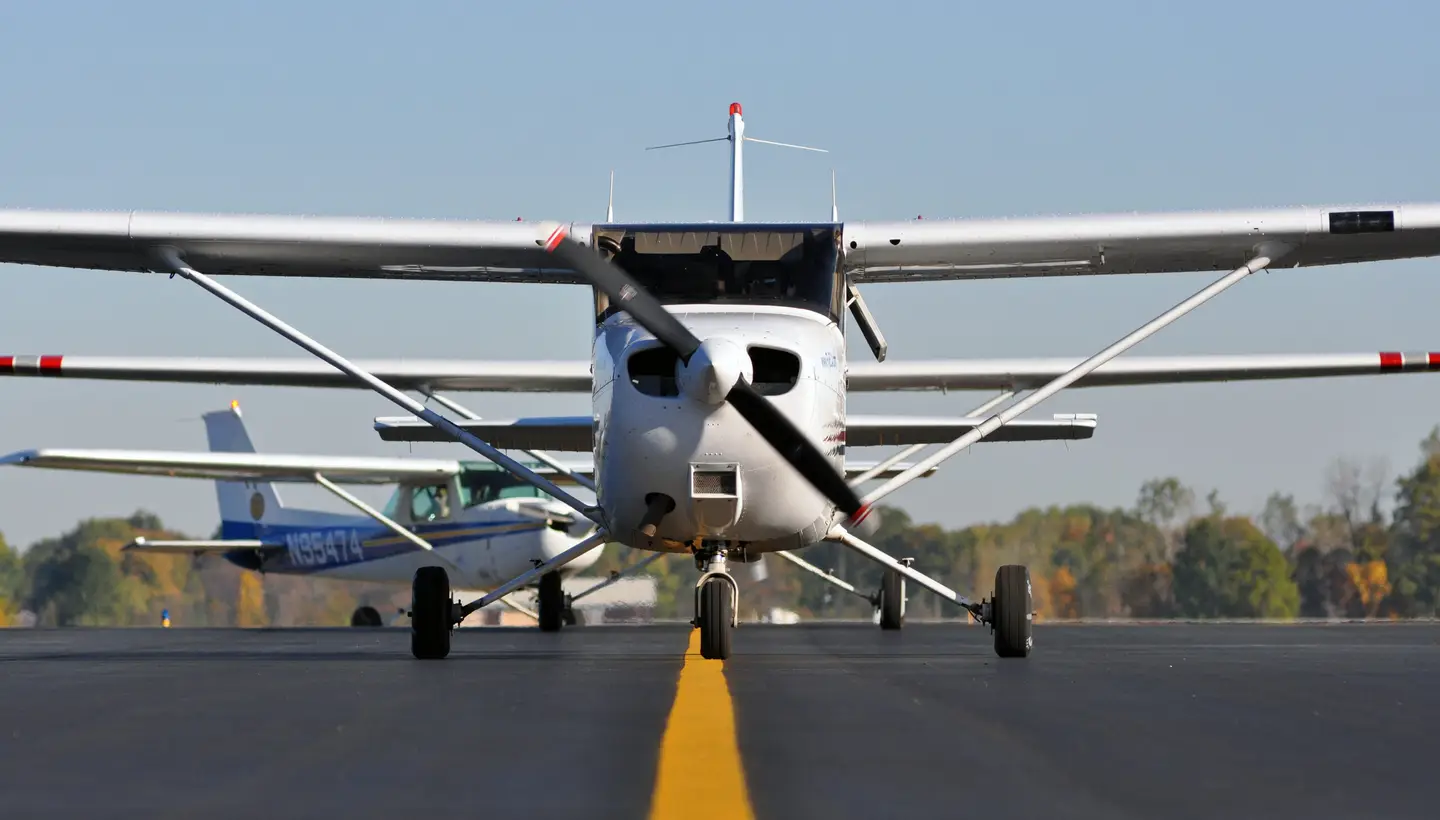
FAA Administrator Michael Huerta said the goal of a new FAA project is to place no less than a billion gallons of alternative jet fuel into service by 2018. To that end, the agency has established a Center of Excellence (COE) to research potential fuel technologies. Funding will amount to $4 million per year for a total of 10 years. The focus will be on energy efficiency, air quality, noise and effects on climate change.
The program will be led by Washington State University and MIT and includes more than a dozen other universities. Industry members participating in the program include: Airbus/EADS, Alaska Airlines, Boeing, Delta Air Lines, General Electric Aircraft Engines, Gulfstream and several others.
According to a report published last week by the International Council on Clean Transportation, Alaska Airlines, which began using biofuel-blends in 2011, has reduced its carbon footprint by 30 percent since 2004, as measured by revenue passenger miles. Alaska Airlines ranked best in fuel efficiency, according to the report.
We welcome your comments on flyingmag.com. In order to maintain a respectful environment, we ask that all comments be on-topic, respectful and spam-free. All comments made here are public and may be republished by Flying.

Sign-up for newsletters & special offers!
Get the latest FLYING stories & special offers delivered directly to your inbox






